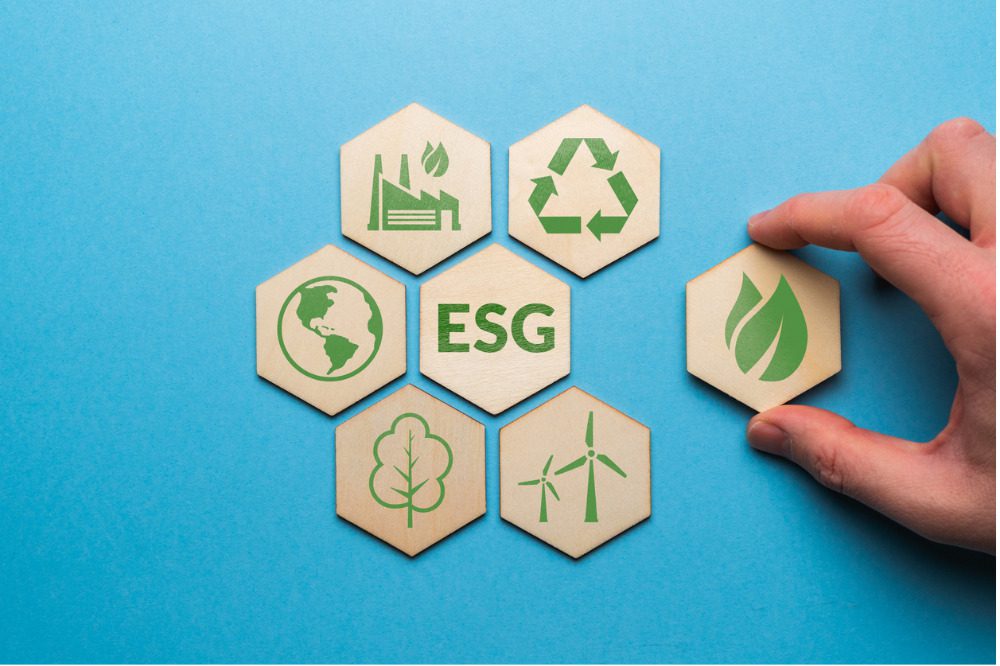Higher ESG ratings lead to better underwriting performance – new study

Higher environmental, social and governance ratings lead to better underwriting performance, according to a new study from international insurance broker Howden and specialty insurer Fidelis.
The report scrutinised loss ratios across 30,000 policies, accounting for a premium value of about $9 billion, matching them to third-party ESG ratings. It is the largest study ever conducted to establish a link between these factors, Howden said.
The analysis found that environmental ratings have the strongest correlation with loss ratios. However, the study found that there is variation across lines of business and industries. Of the lines of business examined in the report, property insurance showed the strongest correlation between higher ESG scores and better loss experience.
“It’s great to see the proactive approach that Fidelis and other insurers are taking to better understand the link between ESG profiles and risk,” said David Howden, CEO of Howden Group Holdings. “The data backs up our long-held belief that clients should be rewarded for high ESG credentials. This is an obvious way in which the insurance industry can support the transition. I hope to see, in the near future, ESG built into underwriting processes and pricing decisions to a much greater degree.”
“This is a great example of the right thing to do also being the most profitable thing to do,” said Richard Brindle, chairman, group CEO and chief underwriting officer at Fidelis. “Being able to articulate this link will become increasingly important to our interactions with key stakeholders, not least the investment community.”
How does your business deal with ESG concerns? Let us know in the comments below.





